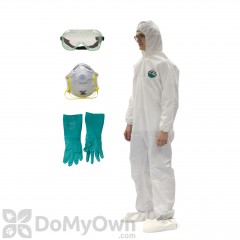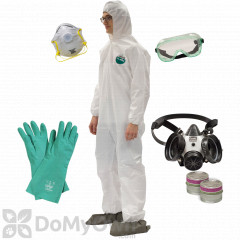The American Red Squirrel is the most common species of squirrel in the US.
Physical Appearance
- The red squirrel is small in size, only 12 inches from nose to tail.
- The red squirrel has reddish to reddish-gray fur on top with a white underbelly and white around the eyes.
- In the summer, the red squirrel may have a black stripe on its sides.
- The red squirrel has curved front claws (for climbing), and powerful hind legs
Behavior & Habitat
The red squirrel is the most common species of squirrel found in the United States, particularly in the northeast and southern parts of Georgia. It is also found throughout Alaska and Canada. The red squirrel most commonly makes its nest in ground or tree hollows, but will also nest in the attics of homes. It is highly active both in early morning and late afternoon, taking naps in the heat of the day and sleeping at night. The red squirrel is known to be very vocal by screeching, growling, and chattering. It is a very good climber and jumper.
Feeding Habits
The red squirrel eats seeds, nuts, bark, fruits, mushrooms, and pine cones. When these preferred foods are either limited or unavailable, the red squirrel will also eat young birds, insects, rabbits, and mice. Like other squirrel species, the red squirrel gathers food in the fall and hides it underground in various places for retrieval during the winter.
Life Cycle
Red squirrels mate primarily in the dead of winter. After a four week gestation period, the female will give birth to a litter of 3 to7 young. Male squirrels are solitary animals and will leave the female after mating, however the mother will stay with her young until they are about 18 weeks old.
Damage
- Squirrels cause damage to wires, siding, insulation, and household items when they establish their nests in attics or other buildings.
- Squirrels damage bird feeders, flowers and vegetable gardens foraging for food.
- Squirrels have also been the cause of many transformer shortages by traveling across telephone wires.
- Rabid squirrels may attack humans and transmit diseases.
General Prevention & Control :
- Remove food sources including bird seed, or place wire cages over garden plants.
- Prevent entry into your home by trimming tree branches away from the roof, moving stacked firewood away from the home, and repairing cracks in foundation walls.
- Trap ‘em. If you have a squirrel taking up residence in your attic or basement, get them out with the humane and easy-to-use Havahart Cage Traps .
For more detailed information on Squirrel prevention and control, see How To Get Rid of Squirrels
View Squirrel Control products
Related Articles:
Havahart Live Trap How-To


